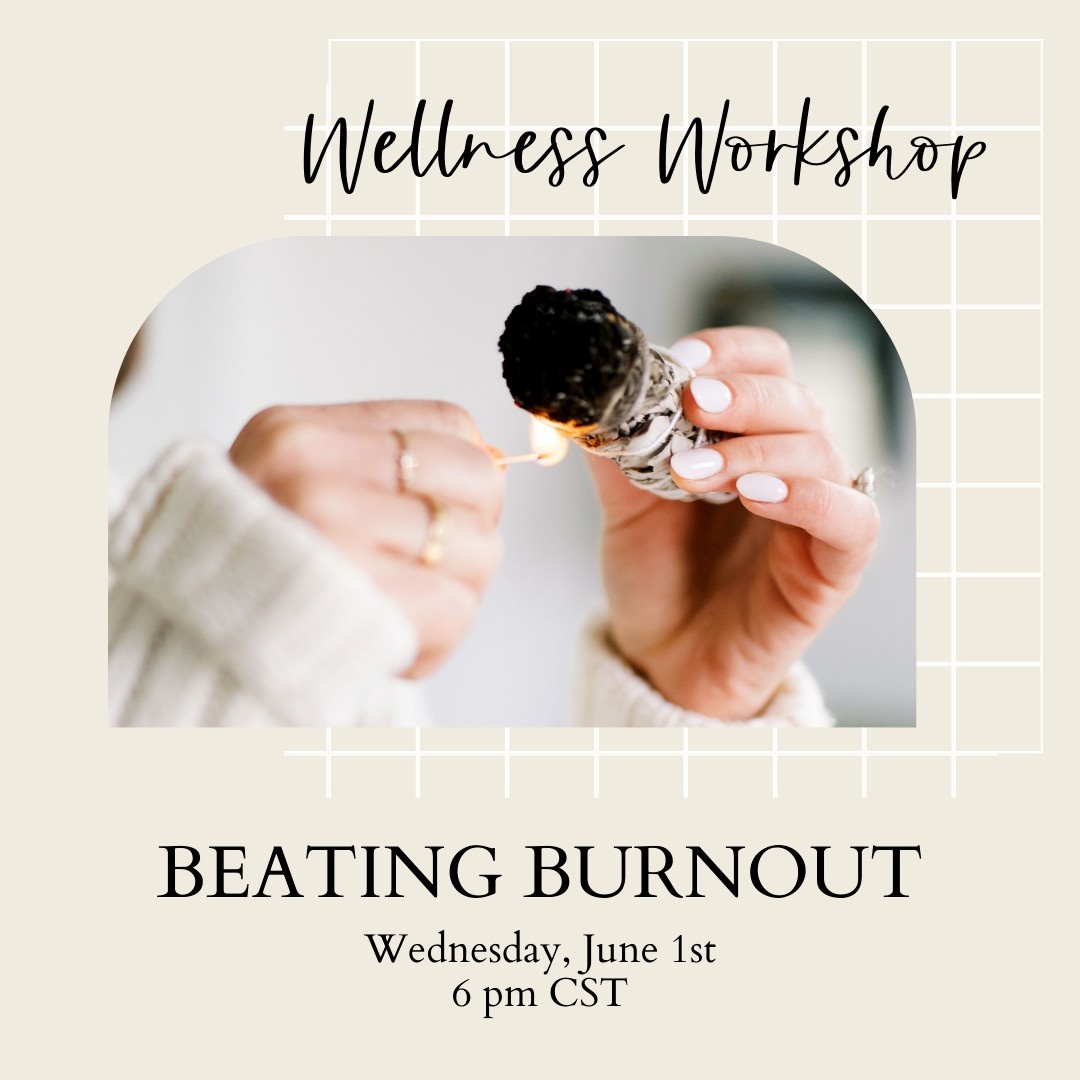
Strolling the aisles of your favorite grocery store, you might begin to question. Produce, proteins, packaged & canned items with an organic label most often come with a heftier price tag, but why?
If you're trying to do all that you can to prioritize your health but you also don't want to spend a fortune on your weekly haul, you're not alone.
Keep scrolling for what you need to know about eating organic as well as my personal tips for making this doable in your own routine!
Breaking Down Organic
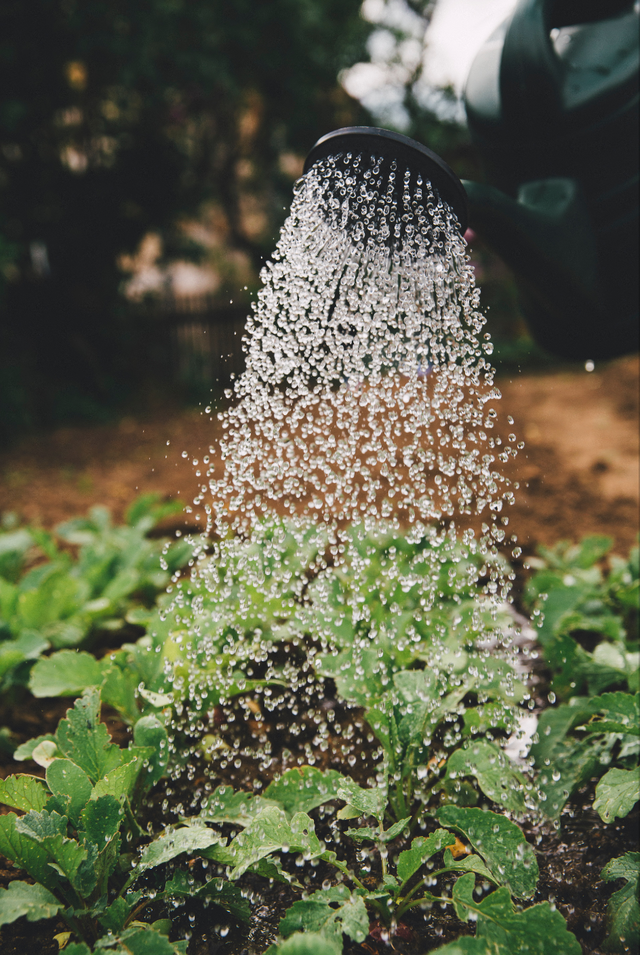
First of all, "organic" refers to the way farmers grow & process agricultural products. These practices intend to:
- Enhance soil & water quality
- Enable natural livestock behavior
- Reduce pollution
- Provide safe, healthy livestock habitats
- Promote a self-sustaining cycle of resources on a farm
Likewise, choosing organic protects you against a variety of harmful additives & processes used in "conventional" farming practices including:
- Antibiotics or growth hormones for livestock
- Irradiation to preserve food or to eliminate disease or pests
- Genetic engineering, used to improve disease or pest resistance or to improve crop yields
- Synthetic fertilizers & pesticides
- Sewage sludge as fertilizer
Be a strategic shopper
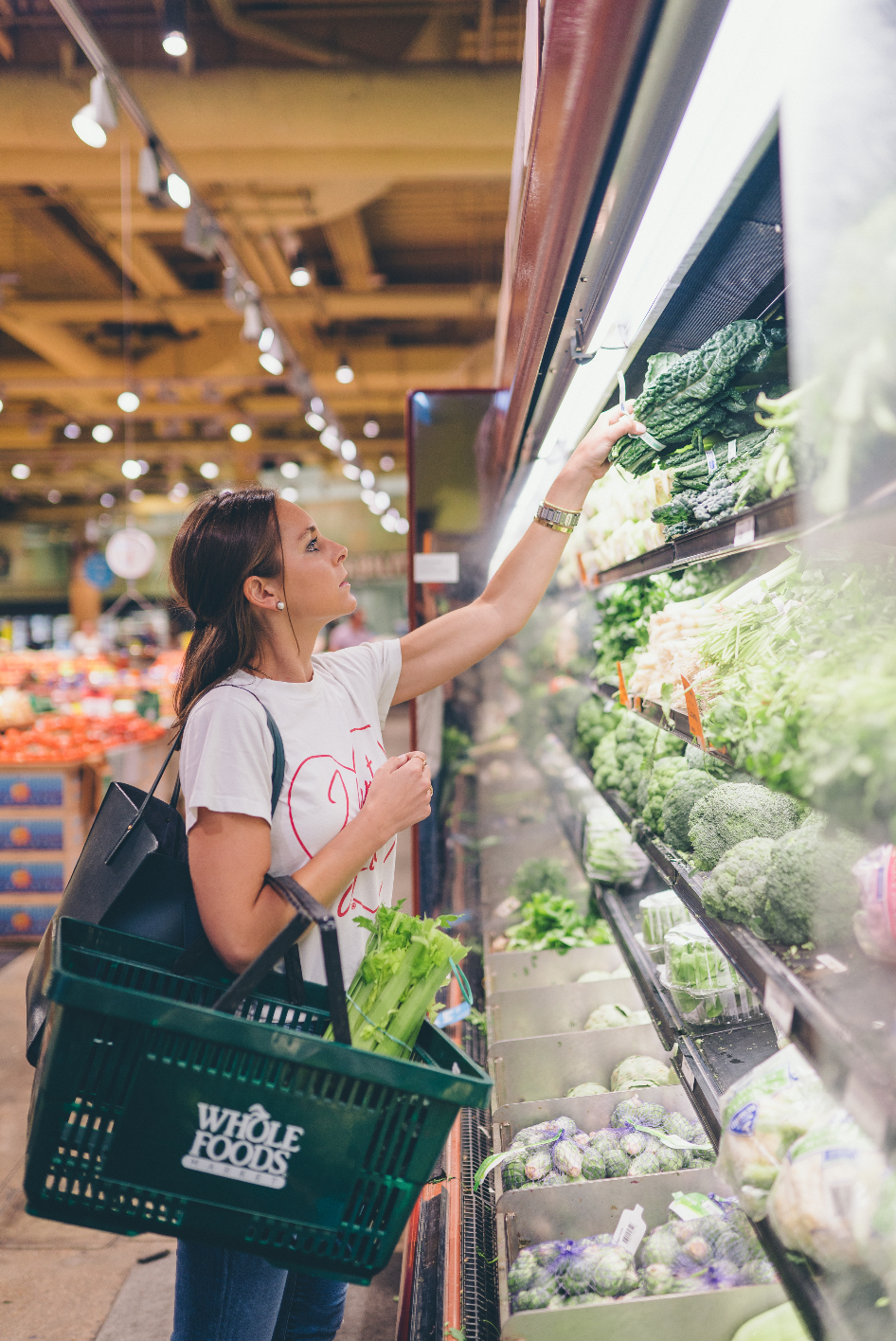
To reduce your consumption of all of the above (which can have serious negative health implications in the long run), I highly encourage eating organic as often as possible.
While organic produce is more expensive, I believe this personal investment in your health is worth every penny. With the expense in mind though, I’ve learned that you can find organic items for significantly less at certain stores such as Trader Joe’s or your local farmers market.
Other helpful tools to use for guidance are the Environmental Working Group's (EWG) Dirty Dozen & Clean Fifteen lists (below). These include the produce that test highest and lowest for pesticide use, respectively. Going off of these, you should try to buy organic varieties of the “dirtiest” fruits & veggies & opt for conventional on the “clean” items if need be.
At the end of the day, it's better to eat conventionally raised fruits & veggies than to not eat them at all. I NEVER expect perfection with my clients (or myself), so simply do your best with all of this!
For more helpful grocery tips, also be sure to check out my grocery guide blog post.
The Dirty Dozen
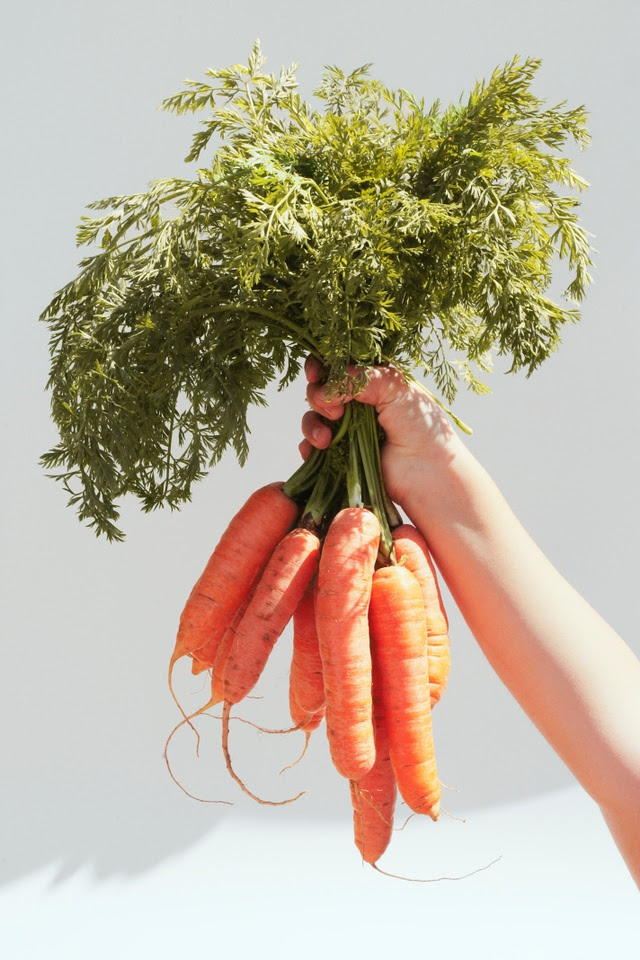
These items are contaminated with more pesticides than other crops, according to the EWG's analysis of USDA data.
Therefore, I recommend choosing organic versions of these fruits & veggies when possible.
1. Strawberries
2. Spinach
3. Kale, collard greens & mustard greens
4. Nectarines
5. Apples
6. Grapes
7. Bell and hot peppers
8. Cherries
9. Peaches
10. Pears
11. Celery
12. Tomatoes
The Clean Fifteen
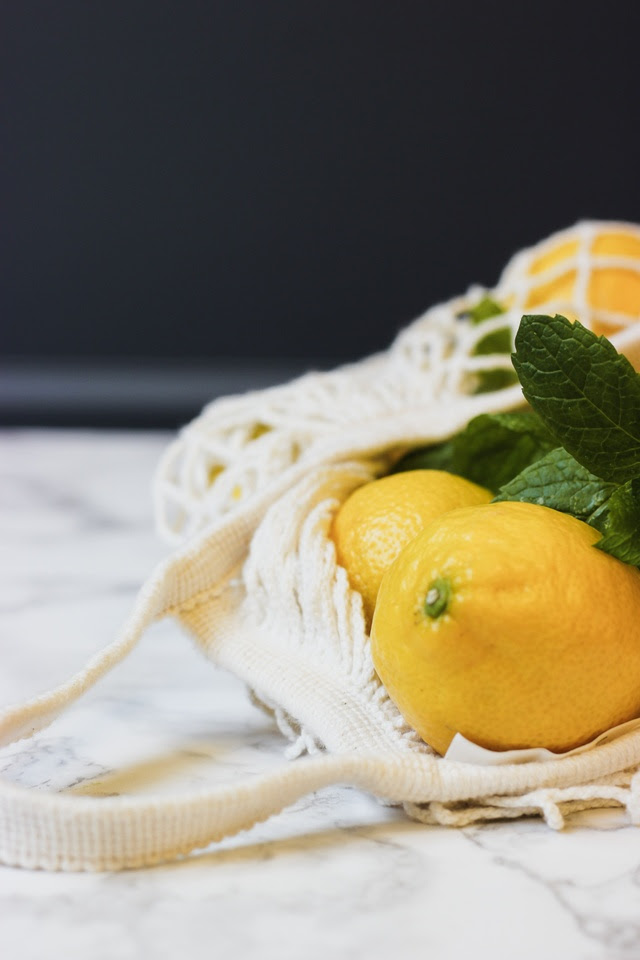
These items had the lowest amounts of pesticide residues, according to the EWG's analysis of the most recent USDA data.
Therefore, these would be better options to buy conventional if organic is not available or you're looking to save a little.
1. Avocados
2. Sweet corn
3. Pineapple
4. Onions
5. Papaya
6. Sweet peas (frozen)
7. Asparagus
8. Honeydew melon
9. Kiwi
10. Cabbage
11. Mushrooms
12. Cantaloupe
13. Mangoes
14. Watermelon
15. Sweet Potatoes
Questions or feedback? Let me know how I can continue to help you shop and eat more intentionally!
The latest goods, right in your inbox.
We hate SPAM. We will never sell your information, for any reason.


